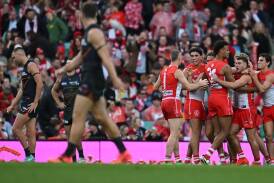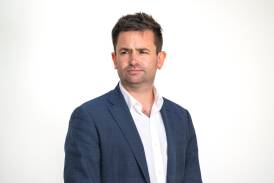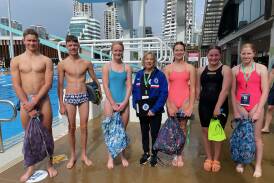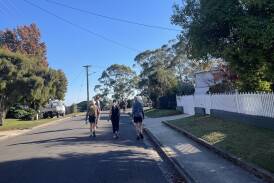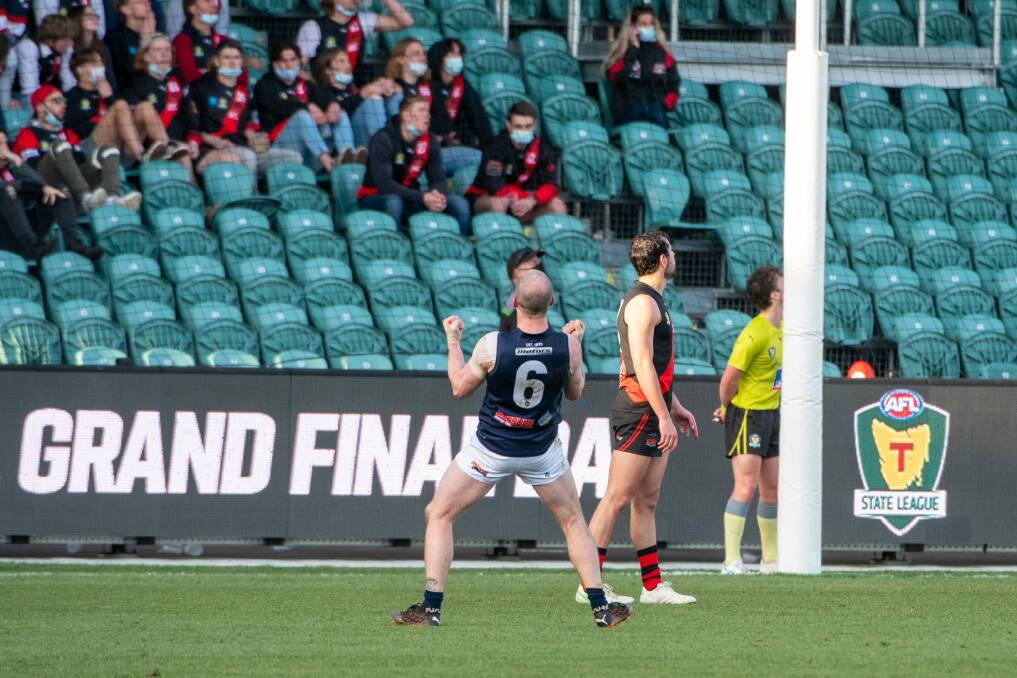
As Tasmania fears the loss of one annual sporting institution, the future of another also hangs in the balance.
Subscribe now for unlimited access.
$0/
(min cost $0)
or signup to continue reading
Last week, organisers of the Latrobe Carnival cancelled this year's event after AusCycling decreed a perimeter fence would be needed at Latrobe Oval for safety reasons.
Having only previously been cancelled by the impact of COVID-19 and Adolf Hitler, many feared the decision could mean the end of the 126-year-old event.
Two life-long carnival attendees penned their thoughts on the topic in emotive columns in The Examiner, the romantic view of Neil Kearney contrasting sharply with the realistic perspective of Brian Roe.
Beautiful though the colourful memories of Kearney were, sadly, the black and white facts of Roe painted a more representative picture of the modern event.
The safety issue at the Christmas carnivals is nothing new.
A decade ago two riders needed extensive treatment after crashing on the same corner at Latrobe as another serious pile-up a year earlier. Ironically, one of the riders, Burnie doctor Tom McDonagh, had treated the injured the year before.
The most serious carnivals crash occurred in Devonport in 2008 and left Seamus Liptrot wheelchair-bound. The South Australian never recovered from his injuries and died three years later.
Commenting on the 2011 Latrobe crash, New Zealand's Olympic and world championship medallist Simon van Velthooven said: "That's the reason I don't do scratch races ... the track needs a fence around it.''
Rejecting AusCycling's demand for a perimeter fence, Latrobe Bicycle Race Club vice-president Noel Pearce and multiple woodchopping world champion David Foster said the cancellation was drawing a line in the sand.
Few individuals have done more to keep the Latrobe Carnival alive than those two, but the event has been under threat for a while and Big Dave may need all his skills to help it avoid the axe.
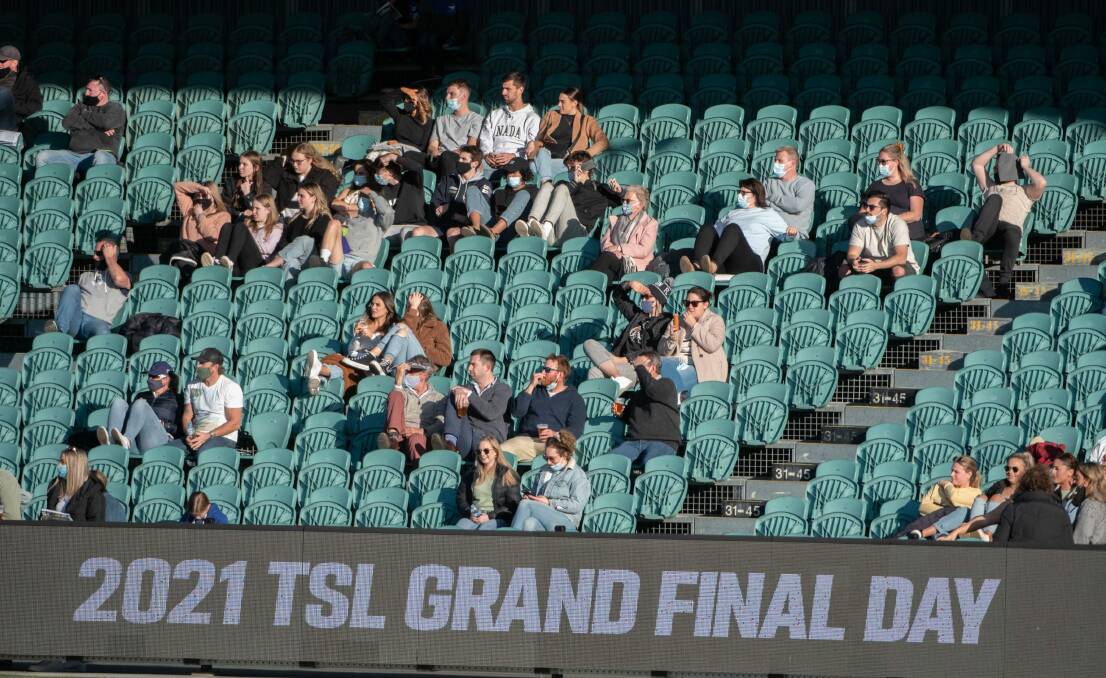
This week also witnessed the latest grand final in footy's State League.
For the second year running, Launceston defeated the Northern Bombers. Passionate supporters from both sides of the Tamar watched an excellent game in unexpectedly splendid weather on a UTAS Stadium surface which resembled a billiard table more than the quagmire traditionally associated with end-of-season showdowns.
But while all appeared rosy, beneath the surface something smelt off, and it wasn't the old Invermay tip.
The existing licence agreement for the State League runs until the end of 2023.
With nothing certain beyond that, clubs say future planning is difficult.
A salary cap of $85,000 isn't sufficient to differentiate the TSL from lower-level competitions that have neither a salary cap nor policing of player payments.
The Tasmanian State League has a long and convoluted history which dates back to its founding on June 12, 1879
- Wikipedia
It is therefore no surprise that two of the best players in Tasmania, Jaye Bowden and Josh Ponting, who have won five of the last nine Alastair Lynch Medals between them, are playing their football in regional competitions.
Furthermore, the State League continues to run with no representation from one entire region, Burnie and Devonport having pulled out in 2017. This is a bit like having a national competition with one entire state excluded, and that would never happen.
The TSL has, what Wikipedia tactfully calls "a long and convoluted history" which dates back to 1879 and gives it claim to the title of the third oldest club football league in the world.
However, its wiki-page features such terms as "crushing debts", "financial difficulty" and "unsustainable" which led to a collapse in December 2000.
It was reinstated as a 10-club competition in 2009 but is now down to seven and operates "on an oily rag" according to North Launceston president Thane Brady.
Writing an opinion piece in The Examiner in August, Brady said Tasmania's dream of its own AFL team had to be underpinned by a strong State League.
"If we are committed to forging ahead with an AFL team of our own, or simply wish to save Tassie footy from falling off the cliff, we must significantly restructure our foundations of football," he said.
If the statewide league folds again it would leave Tasmania as the only state without a tier-one footy competition and Tasmanian footy in the shadow of statewide netball and soccer competitions.
Calling for more national investment, Brady added: "The AFL is the master - it owns and manages the tier-one competition. However, as a member of the TSL pack it feels like the old neglected dog who is rarely shown any love, supported or rewarded for good behaviour."
Like the Latrobe Carnival, that dog is in dire need of attention.


